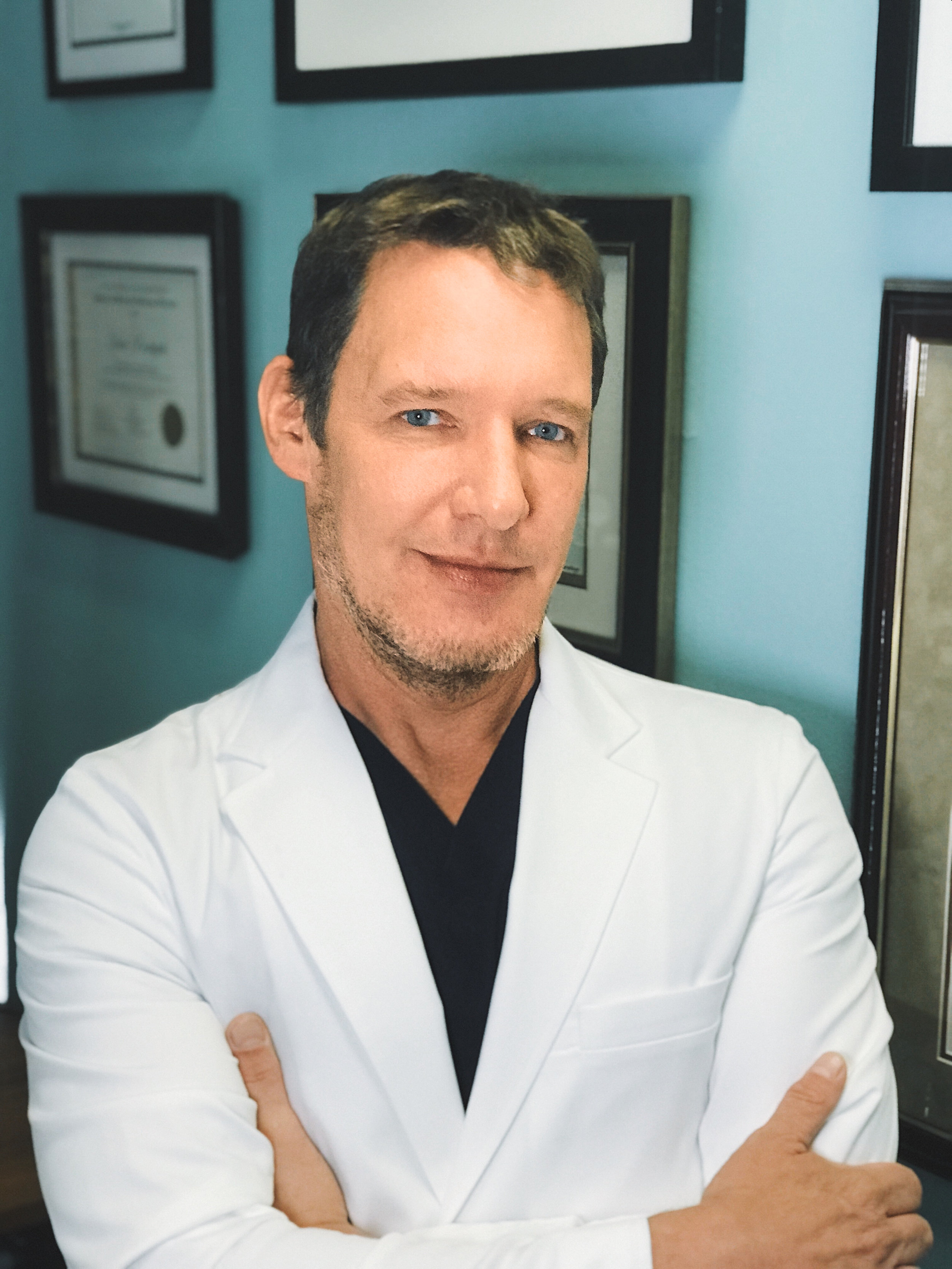Because I specialize in treating digestive disorders, ulcerative colitis (UC) is one of the most common conditions that I see in my practice. UC is a form of inflammatory bowel disease, or IBD, leading to inflammation in the lining of the colon or rectum. Patients with UC may experience diarrhea, abdominal pain, and blood in the stool.
Every patient with UC is different, with unique treatment goals and needs. Additionally, UC symptoms can range from mild to severely debilitating, depending on the patient. Therefore, I prefer to use a patient-centered approach when treating UC. This means that I work with my patients to develop a comprehensive treatment plan that is tailored to each patient’s particular needs.
Medications are the mainstay of UC treatment, and are prescribed with the aim of controlling inflammation. Once inflammation in the colon or rectum is under control, UC symptoms should decrease as well. There are six main categories of medications that may be used for this condition:
Aminosalicylates, which are typically used to limit inflammation in mild to moderate UC.
Corticosteroids, which can be used to get inflammation under control quickly. However, corticosteroids work by suppressing the immune system and thus have the potential to cause serious side effects, so they should not be used long term.
Immunomodulators. These are a long-term treatment option for UC, as they work to calm the immune system but may take 3–6 months to fully take effect.
Biologics, which are targeted medications typically reserved for controlling inflammation in moderate to severe UC.
Janus kinase inhibitors, which block a specific pathway in the body responsible for inflammation, and are typically reserved for moderate to severe UC.
Antibiotics, which may be used to treat certain infections that are common in patients with UC.
In addition to medications, diet and stress management may be recommended to help get symptoms under control. For example, some patients find that avoiding common trigger foods (such as gluten or dairy) or practicing yoga for stress can be helpful. Sometimes, patients with severe disease may also require a surgery called a colectomy, in which all or part of the colon is removed.
Regardless of the specific approach that we choose, treatment for UC typically has three main goals: achieving remission (eliminating symptoms), maintaining remission (preventing symptoms from returning), and improving the patient’s quality of life.
It’s important to keep in mind that treatment for UC may be a “trial and error” process, meaning that we may need to try a few different treatments before we find the right one. Along with my staff, I’ll be here to guide you through this process. We’ll work together to find the very best treatment option for your unique needs.
Click below if you would like to schedule an appointment online to discuss your treatment options.
